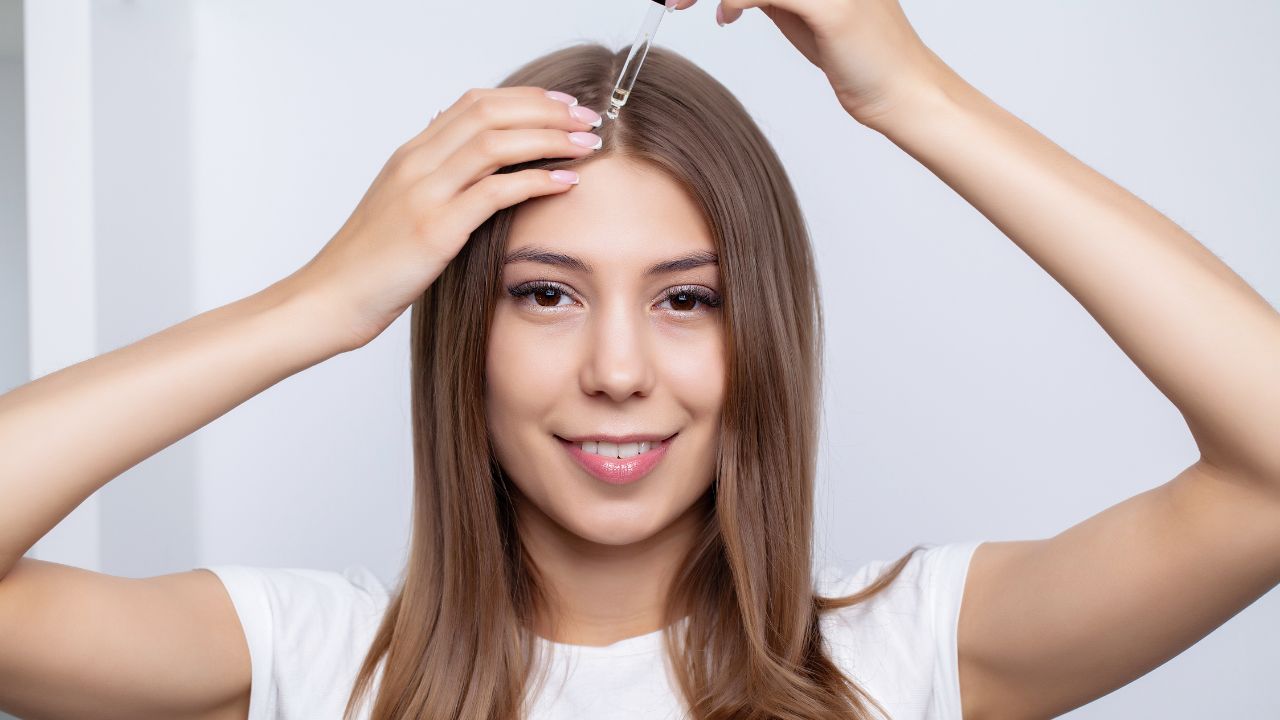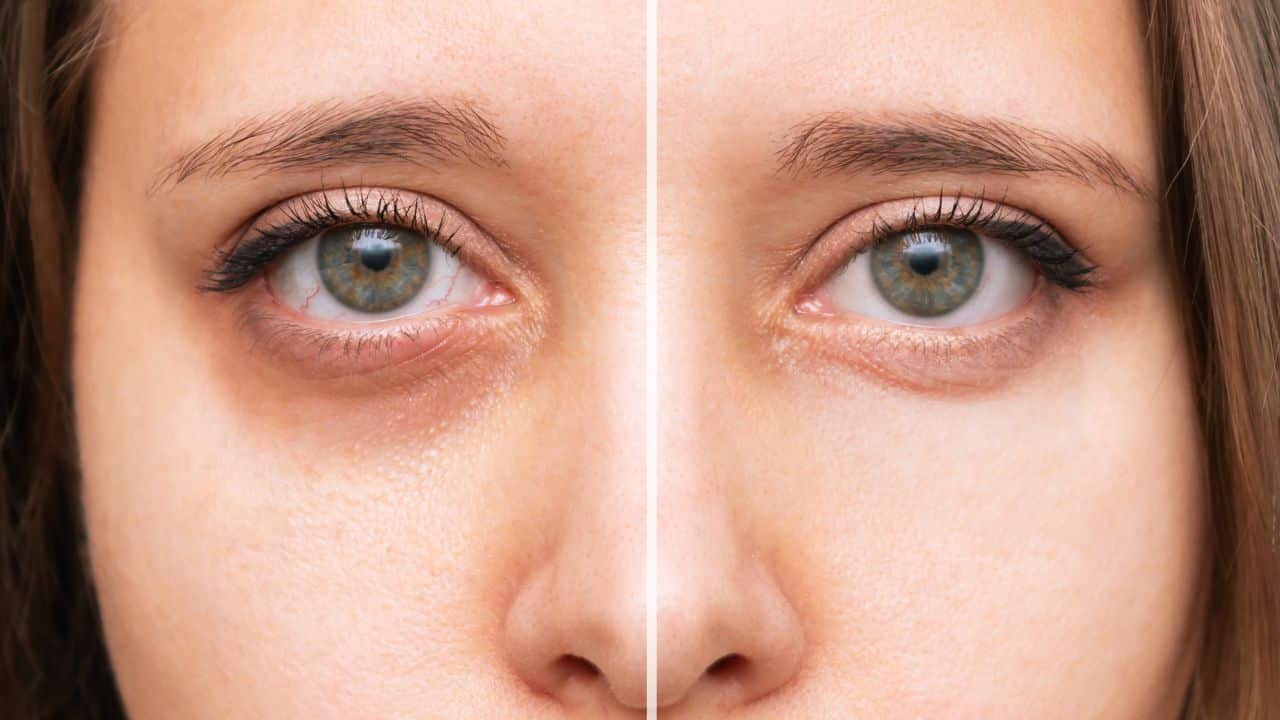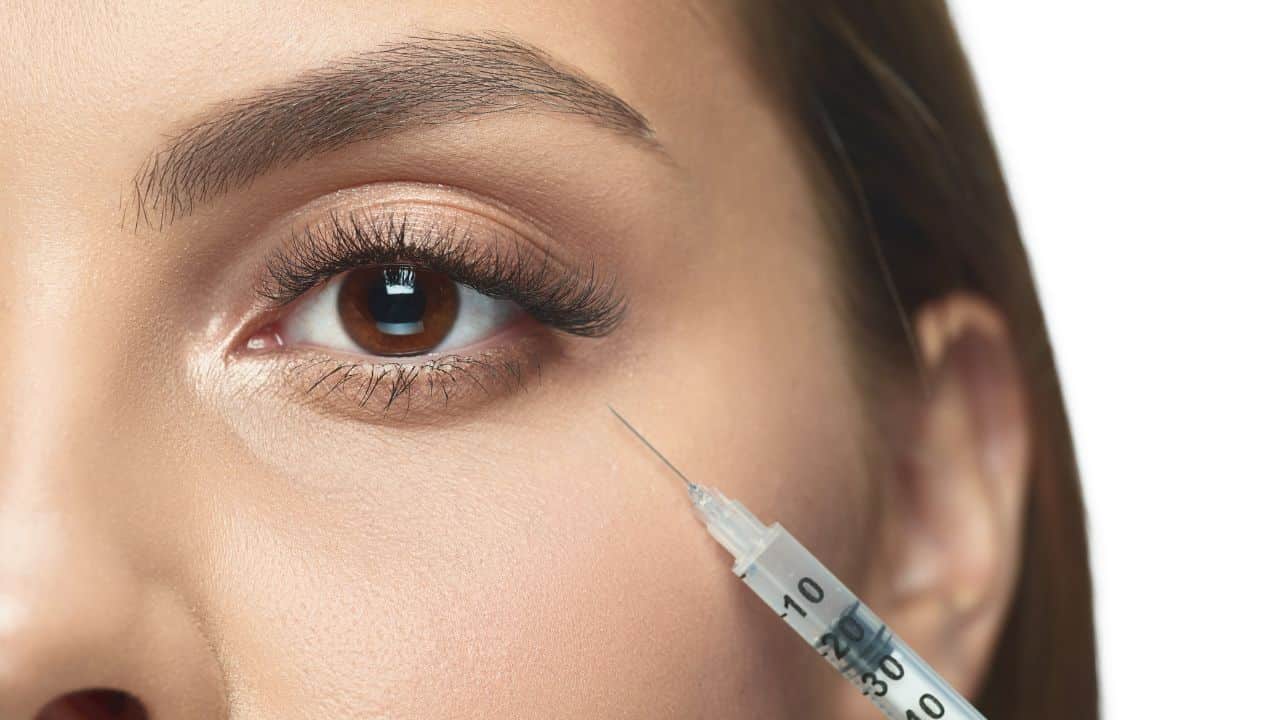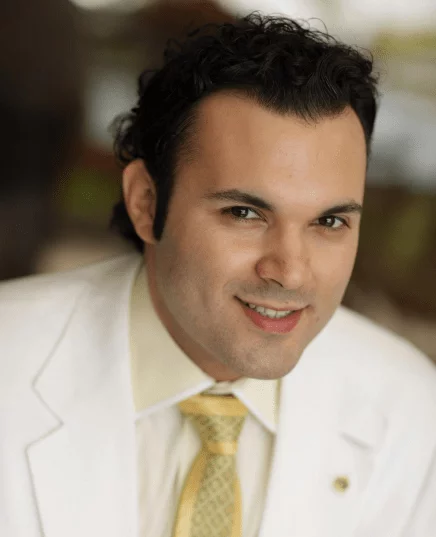PRP hair rejuvenation is an exciting step towards reclaiming your hair’s glory. But there’s a secret to turbocharging those results: the right vitamins. Imagine giving your hair a treatment and a feast of nutrients it craves for lush growth.
This blog dives into the vitamins that stand behind the scenes, working magic with PRP to bring out the best in your hair. From the science to your plate, let’s unlock the formula for hair that doesn’t just grow but thrives.
Ready to elevate your hair game? Let’s dive in.
Essential Vitamins and Minerals for Hair Growth
Achieving and maintaining healthy hair isn’t just about what you apply externally; it’s also about what nutrients you feed your body. Specific vitamins and minerals are pivotal in hair growth, strength, and overall health.
Here’s a closer look at critical nutrients vital for nurturing lush, vibrant hair.
Vitamin D
Vitamin D is often hailed as the “sunshine vitamin,” but its benefits extend beyond mood enhancement. It plays a critical role in creating new hair follicles — the tiny pores from which new hair can grow.
This process is crucial for hair regeneration, making vitamin D essential for maintaining thick, full hair. A deficiency in vitamin D has been linked to alopecia, a technical term for hair loss, underscoring the importance of adequate vitamin D levels for hair health.
Biotin (Vitamin B7)
Biotin, part of the vitamin B family, is one of the most well-known vitamins associated with hair health. It aids in producing keratin, a fundamental protein for hair, skin, and nails.
Biotin helps to improve hair’s elasticity and protects against dryness, which in turn helps reduce breakage. For individuals experiencing hair thinning or loss, biotin supplements often become a go-to remedy for fostering hair strength and growth.
Iron
Iron is a critical mineral that supports many bodily functions, including hair growth. It helps red blood cells carry oxygen to your cells, including those that stimulate hair growth. Iron deficiency, a common cause of anemia, can lead to hair loss.
Restoring iron levels can help invigorate the hair growth cycle, enhance the delivery of nutrients and oxygen to hair roots, and promote healthier, stronger hair.
Zinc
Zinc plays a significant role in hair tissue growth and repair and helps keep the oil glands around the follicles working properly. Hair loss is a common symptom of zinc deficiency, indicating the mineral’s importance in promoting healthy hair growth.
Zinc contributes to protein synthesis and cell division, essential for hair growth, making it a critical nutrient for maintaining a healthy mane.
Vitamin E
Vitamin E is renowned for its antioxidant properties, which can help reduce oxidative stress in the scalp. Oxidative stress has been linked to hair loss and poor hair health.
Vitamin E supports a healthy scalp and hair; its natural antioxidant effects could help maintain hair growth. It’s also known for its conditioning properties, which help add shine and prevent hair from becoming dry and brittle.
Omega-3 Fatty Acids
Omega-3 fatty acids are fats your body cannot produce by itself; they must be obtained through diet. They are crucial for maintaining a healthy scalp and hair. Omega-3s nourish the hair follicles, promoting healthier and shinier hair.
They also have anti-inflammatory properties, which can help open up the hair follicles and promote hair growth, making them essential for individuals struggling with hair loss.
The Science Behind PRP and Hair Growth
Platelet-Rich Plasma (PRP) therapy has emerged as a revolutionary approach in the battle against hair loss, offering a glimmer of hope for those looking to stimulate hair growth and improve scalp health.
Understanding how PRP therapy works, especially with nutritional support, is crucial for anyone considering this treatment option.
How PRP Therapy Works
PRP therapy begins with collecting a small sample of the patient’s blood. This sample is then processed in a centrifuge to separate the platelet-rich plasma from other blood components.
The concentrated PRP, rich in growth factors and proteins essential for tissue healing and regeneration, is injected directly into the scalp areas experiencing hair thinning or loss.
The magic of PRP lies in the high concentration of platelets. These platelets release growth factors that play a pivotal role in the healing process, including:
- Promoting angiogenesis involves forming new blood vessels, which improves blood flow to the scalp and hair follicles.
- Stimulating stem cells in the microenvironment of the hair follicles is critical in promoting hair growth and enhancing the thickness of the hair shaft. Check the differences between PRP and Stem Cell therapy.
- Increasing cell proliferation and decreasing apoptosis (cell death) contribute to healthier and denser hair growth.
The result is a scalp more conducive to hair regrowth, with rejuvenated follicles ready to produce more healthy hair.
Synergy Between PRP Treatments and Nutritional Support
While PRP therapy is potent on its own, its efficacy can be significantly enhanced when paired with proper nutritional support. Nutrition is foundational in hair health; specific vitamins and minerals are particularly influential in hair growth.
- Vitamin D is crucial for creating new hair follicles and is believed to play a role in hair production.
- Iron helps carry oxygen to hair follicles, and its deficiency has been linked to hair loss.
- Zinc plays an essential role in hair tissue growth and repair.
- Biotin (Vitamin B7) supports keratin infrastructure, affecting the health of hair, skin, and nails.
- Omega-3 fatty acids provide essential proteins and nutrients to hair follicles and skin, reduce inflammation, and promote healthier, denser hair growth.
When these nutrients are abundant in the body, either through a well-balanced diet or high-quality supplements, they can amplify the regenerative processes initiated by PRP therapy.
This synergy between PRP treatments and nutritional support ensures that the scalp and hair follicles are in the best possible state for regeneration and growth, leading to more successful outcomes in hair restoration efforts.
Integrating Nutrition into Your PRP Treatment Plan
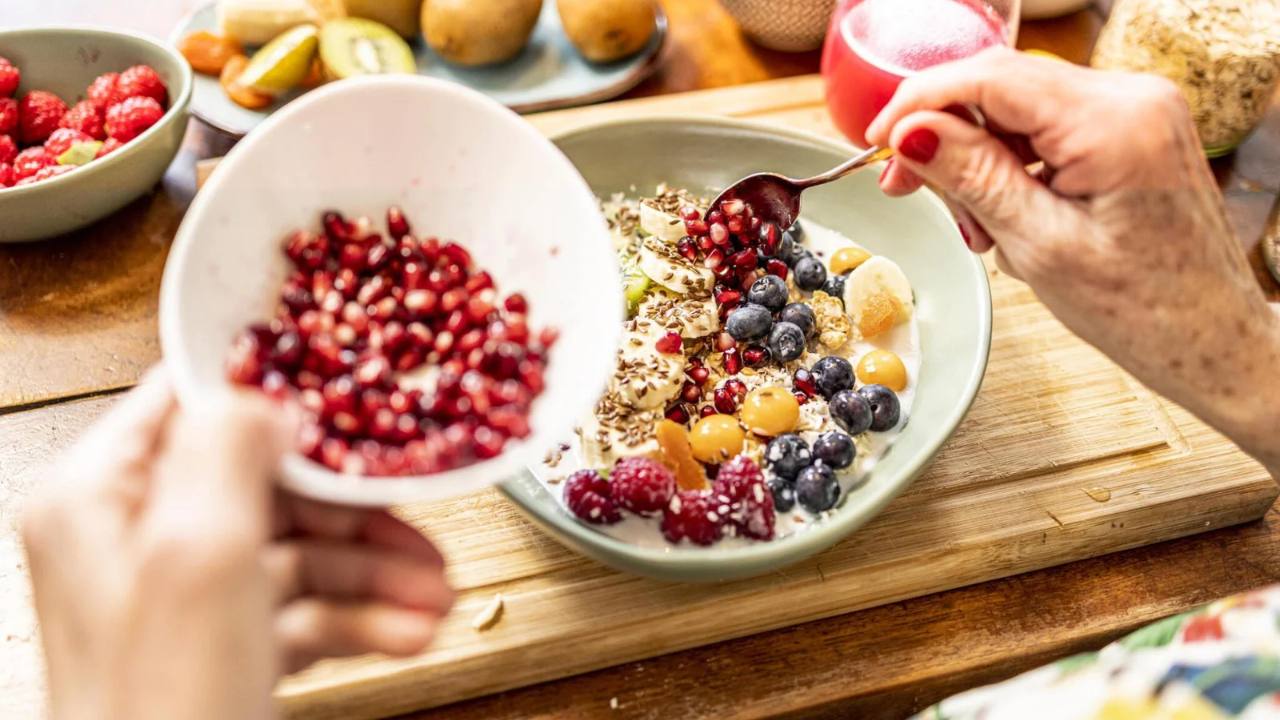
Pairing Platelet-Rich Plasma (PRP) therapy with a nutrient-rich diet can significantly enhance the treatment’s effectiveness for hair growth. Nutrition is critical in supporting the physiological processes that PRP therapy stimulates.
Here’s how you can integrate essential nutrients into your daily diet and potentially boost the outcomes of your PRP treatments.
Practical Tips for Incorporating Essential Nutrients
- Diverse and Balanced Diet: A varied diet is the foundation for getting essential nutrients. Incorporate a rainbow of fruits and vegetables to ensure you get a broad spectrum of vitamins, minerals, and antioxidants. Leafy greens, berries, and citrus fruits are excellent sources of vitamins like Vitamin C and E, crucial for scalp health and hair growth.
- Lean Protein Sources: Hair is primarily made of protein, so adequate protein intake is necessary for hair health. Focus on lean sources such as chicken, turkey, fish, beans, and legumes. Fish like salmon are rich in Omega-3 fatty acids, promoting a healthy scalp and potentially augmenting PRP therapy’s benefits.
- Whole Grains: Switch to whole grains like brown rice, quinoa, and whole wheat. These grains are packed with B vitamins, including biotin. These nutrients are vital for maintaining healthy hair and can complement your PRP treatment plan.
- Nuts and Seeds: Almonds, walnuts, flaxseeds, and chia seeds are not only great sources of Omega-3 fatty acids but also contain zinc and vitamin E, supporting hair health. Incorporating a small handful of these into your diet can be a simple way to get these essential nutrients.
- Hydration: Remember the importance of staying hydrated. Water helps to keep the hair hydrated from the inside out, contributing to its strength and shine.
Consulting with a Professional
While these tips can guide you towards a hair-friendly diet, individual nutritional needs can vary widely based on various factors, including age, health status, and the specific nature of your hair loss. Here’s why consulting with a professional is key:
- Personalized Nutritional Planning: A nutritionist or dietitian can assess your current diet and identify any nutritional gaps that could impact your hair health. They can then craft a personalized diet plan that supports your PRP therapy and targets your unique nutritional needs and health goals.
- Supplementation Guidance: A healthcare provider can recommend high-quality supplements if diet alone cannot meet your nutritional needs. For example, if you’re deficient in vitamin D or iron, supplements might be necessary to achieve optimal levels for hair growth. A professional can ensure your supplements are safe and effective, preventing adverse interactions with other treatments or medications.
- Ongoing Support and Adjustments: Your nutritional needs may change as you progress with your PRP treatments. Regular check-ins with a nutritionist can help adjust your diet plan based on your evolving needs and treatment response, ensuring that your nutrition supports your hair growth journey.
Supplements vs. Natural Sources
The debate between obtaining vitamins from natural food sources versus taking supplements is pivotal in seeking optimal hair health and supporting PRP therapy for alopecia.
Each approach has its merits and potential drawbacks, and understanding these can help you make informed decisions about your nutritional strategy for hair growth.
Benefits of Natural Food Sources
- Whole Nutrition: Foods naturally rich in vitamins, minerals, and other nutrients provide a complex nutritional profile that supplements can’t fully replicate. For instance, eating oranges gives you vitamin C and dietary fiber, flavonoids, and antioxidants, offering a holistic health benefit.
- Absorption and Bioavailability: Nutrients from food are typically more easily absorbed by the body. The natural combination of nutrients in foods facilitates optimal absorption and utilization, making them highly effective in nourishing hair follicles and supporting overall health.
- Reduced Risk of Overdosing: Obtaining nutrients from food sources naturally regulates the body’s intake, minimizing the risk of consuming excessive amounts that could potentially lead to adverse effects.
The Role of Supplements
While a balanced diet is ideal for obtaining necessary nutrients, certain situations may warrant the use of supplements to ensure adequate intake:
- Nutritional Deficiencies: Supplements can be crucial in filling those gaps for individuals with diagnosed deficiencies or those unable to meet their nutritional needs through diet alone—due to dietary restrictions, health conditions, or specific life stages.
- Convenience and Assurance: Supplements offer a straightforward way to ensure you get specific nutrients essential for hair growth, especially when dietary intake is uncertain or inconsistent.
- Targeted Support: In the context of PRP therapy for hair loss, supplements can provide targeted nutritional support, enhancing the treatment’s effectiveness by ensuring that the body has all the necessary building blocks for hair regeneration.
Striking a Balance
Opting for a diet rich in diverse, nutrient-dense foods should be the foundation of any approach to improving hair health.
Fruits, vegetables, lean proteins, whole grains, and healthy fats contain a symphony of nutrients that work harmoniously to support bodily functions, including hair growth.
However, it is essential to acknowledge that achieving a perfectly balanced diet can be challenging.
In cases where dietary intake may fall short or specific nutritional needs arise, supplements can play a supportive role. It’s crucial, however, to approach supplementation judiciously:
- Consultation with Healthcare Providers: Consult with a healthcare professional before adding supplements to your routine, especially when undergoing treatments like PRP therapy. They can recommend appropriate supplements based on your individual health needs and ensure that there’s no risk of interactions with other treatments.
- Quality Matters: Not all supplements are created equal. Opting for high-quality, reputable brands that have undergone third-party testing can ensure you get what’s on the label without harmful additives.
Final Words
And there you have it, the nutritional keys to unlocking the full potential of your PRP hair treatments. It’s not just about the injections; it’s about fueling your follicles with the right vitamins to ensure every strand is stronger and stays longer.
These vitamins are the ultimate support team for your hair growth journey. They work with PRP to deliver results that speak volumes.
Remember, healthy hair starts from within, so give your body what it needs and watch your hair flourish. Ready to give your hair the boost it deserves?
Contact Dr. David Nazarian and his PRP Therapy Clinic LA team for the most trustworthy hair regrowth service.
Let’s make every follicle count.

